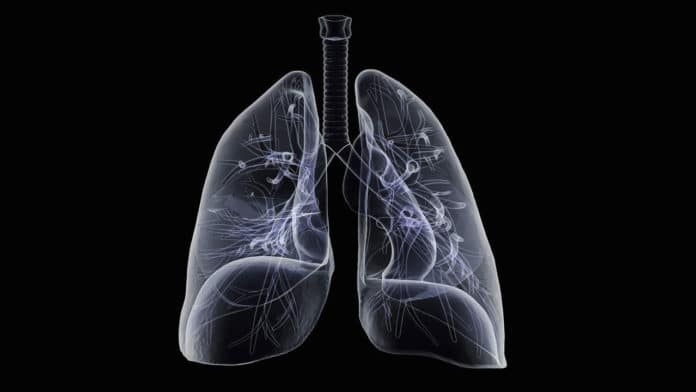Hydrogen peroxide (H2O2) is a ubiquitous metabolic byproduct of aerobic unicellular and multicellular organisms that plays a significant role in determining the outcome of host-microbial interactions. Thus far, studies have focused on endogenous H2O2 produced by immune cells and its role in killing microbes or driving inflammatory processes.
In a new study, scientists determined the role of Hydrogen peroxide in weakening the immune system. They found that the bacteria use hydrogen peroxide to reduce the immune system and cause pneumonia. The study conducted by scientists at Umeå University and Stockholm University focused on Streptococcus pneumoniae, also known as pneumococcus- the most common bacterium causing pneumonia but can also cause, among other illnesses, meningitis or severe sepsis.
Moreover, the bacteria can potentially pave the way for other microbes to attack. This makes the bacterium one of the most deadly in the world.
Nelson Gekara, research leader, said, “By using hydrogen peroxide to defeat the immune system, you could say that the bacteria are fighting fire with fire. The body itself also produces hydrogen peroxide as a defense against the bacteria. Therefore, it was surprising to see that many types of bacteria use the same substance to overcome the body’s defenses.”
An ultimate goal of any invading microbe is to dwell calmly inside our bodies without evoking a strong inflammatory reaction that may eliminate microbe or cause us harm.
Scientists proposed that the pneumococcus and other bacteria particularly target a vital component of the immune system – the inflammasomes. Inflammasomes are protein complexes that initiate reactions to kill microbes and to clear diseased cells. The bacteria discharge enormous amounts of hydrogen peroxide, and that this causes inactivation of inflammasomes and in this manner weakening the immune system.
During the experiments in mice models, scientists observed that the bacteria manipulated to produce less hydrogen peroxide were not able to inactivate inflammasomes and in this way elicited a quicker inflammatory response that successfully cleared the bacteria from mouse lungs. The scientists likewise found that by inoculating the mice with an exceptional catalyst, catalase, which separates hydrogen peroxide, one could expand the inflammation and inflammatory symptoms, prompting quicker disposal of pneumococci from the lung.
Saskia Erttmann, the first author on the study and former member of Nelson Gekara’s research group, said, “Inflammation often has negative connotations. However, body inflammation is an important process in the immune system’s defense against attacking microbes. Most microbes produce hydrogen peroxide to varying degrees. Our studies demonstrate that hydrogen peroxide is an inhibitor of an important component of the inflammatory machinery, suggesting that the mechanism we have uncovered is a common strategy employed by many microbes to thrive within us.”
“One of the best-known substances with the ability to neutralize hydrogen peroxide and that could hence boost anti-bacterial immunity are vitamins such as Vitamin C found in fruits. Perhaps the adage ‘an apple a day keeps the doctor away’ is not off the mark.”
The results are published in the scientific journal Nature Communications.
